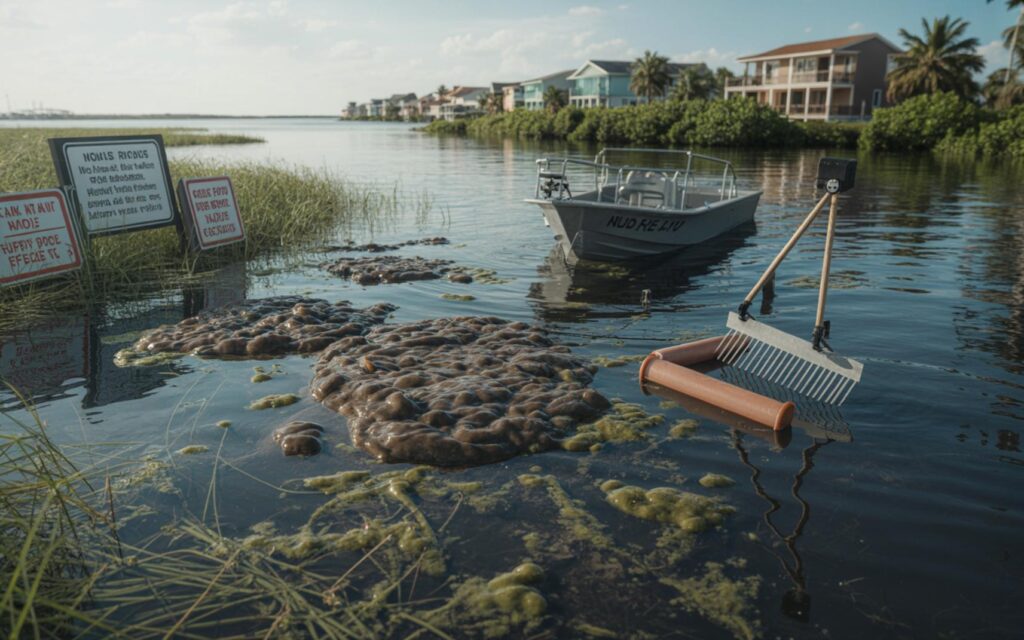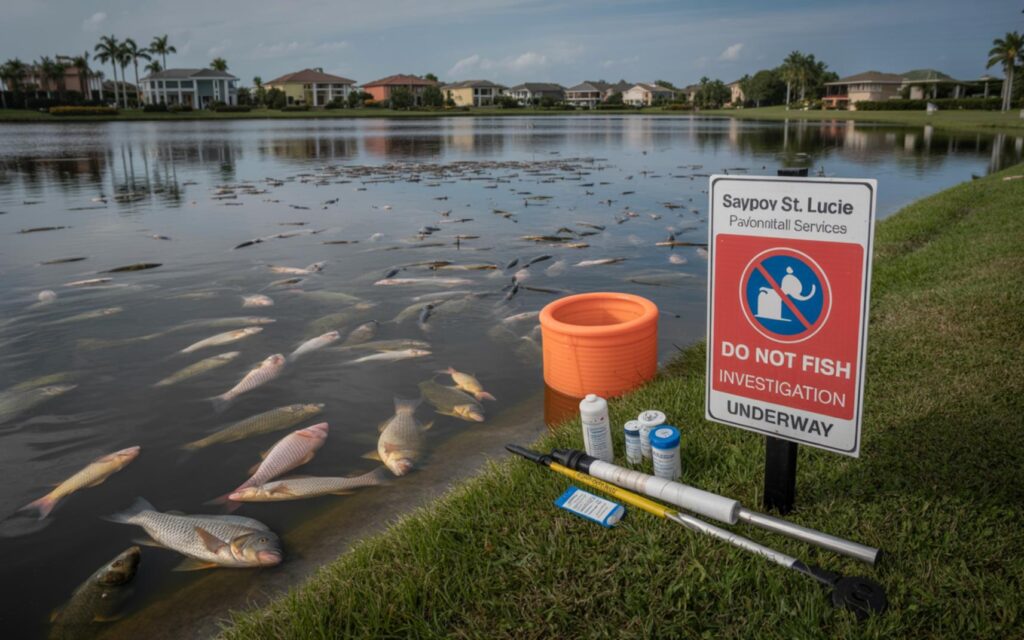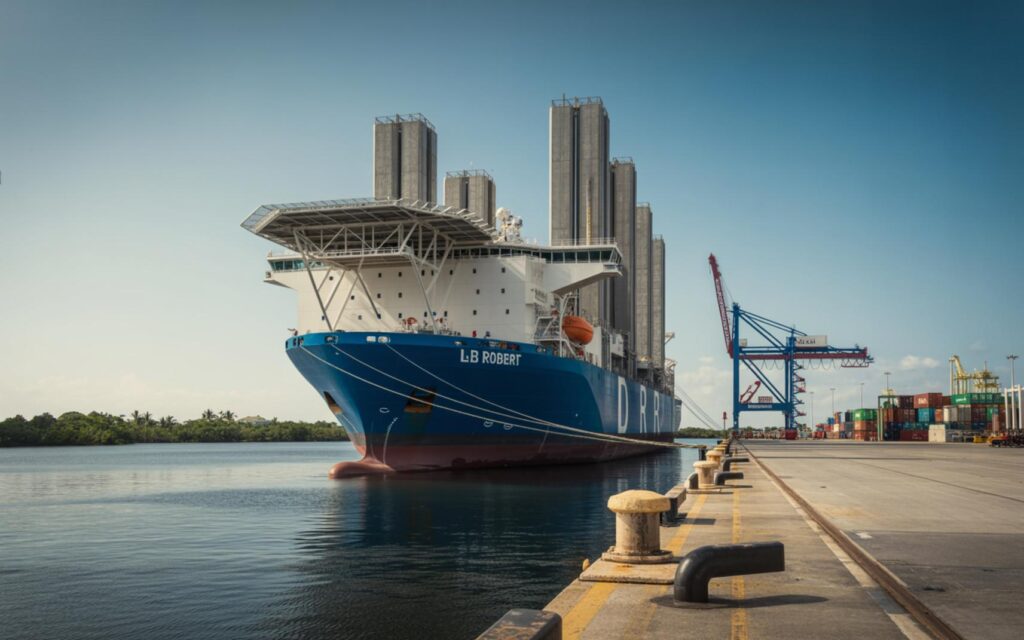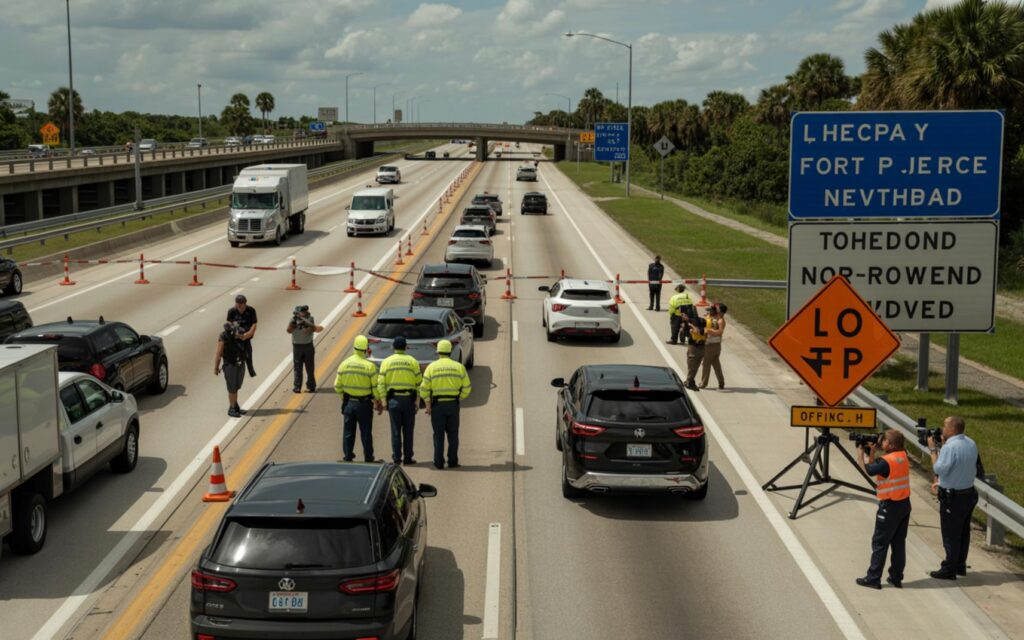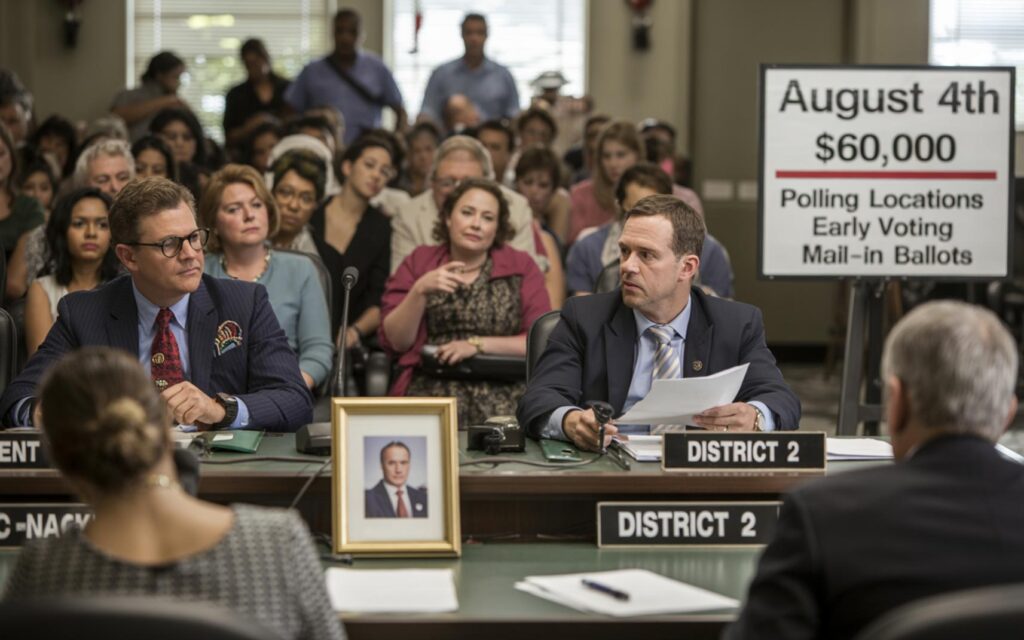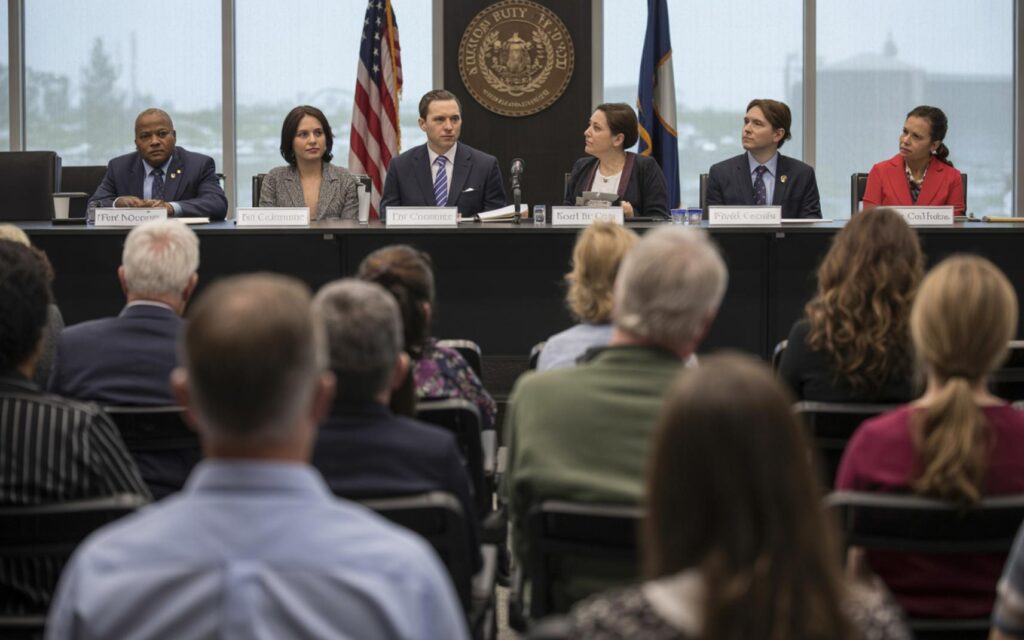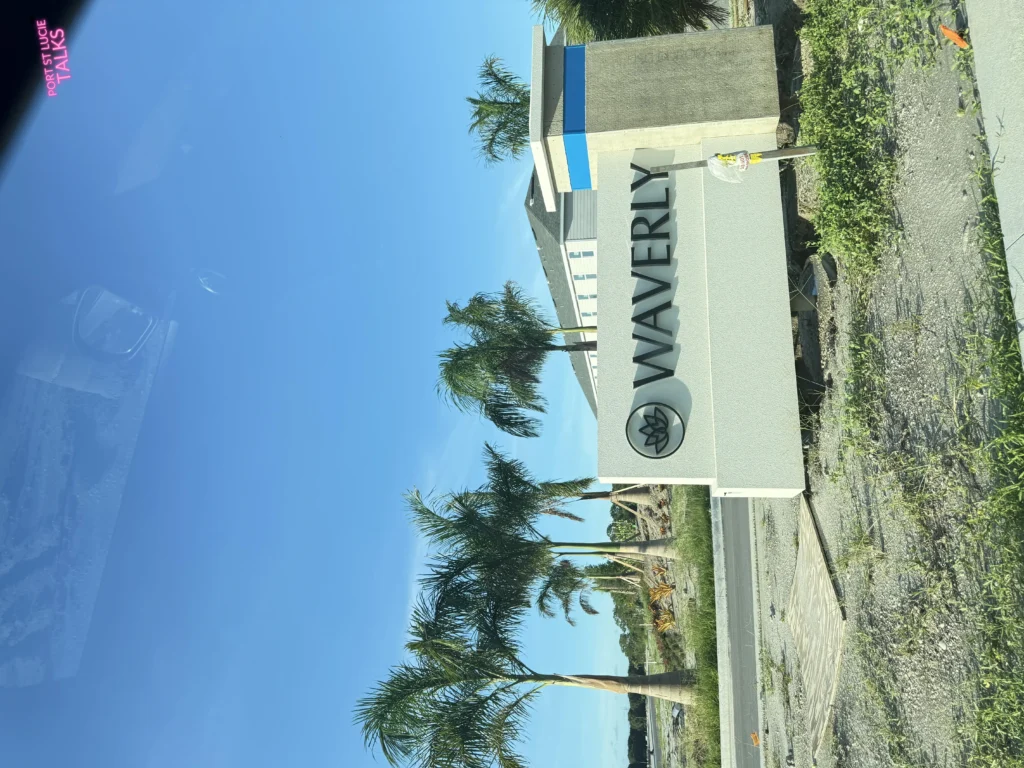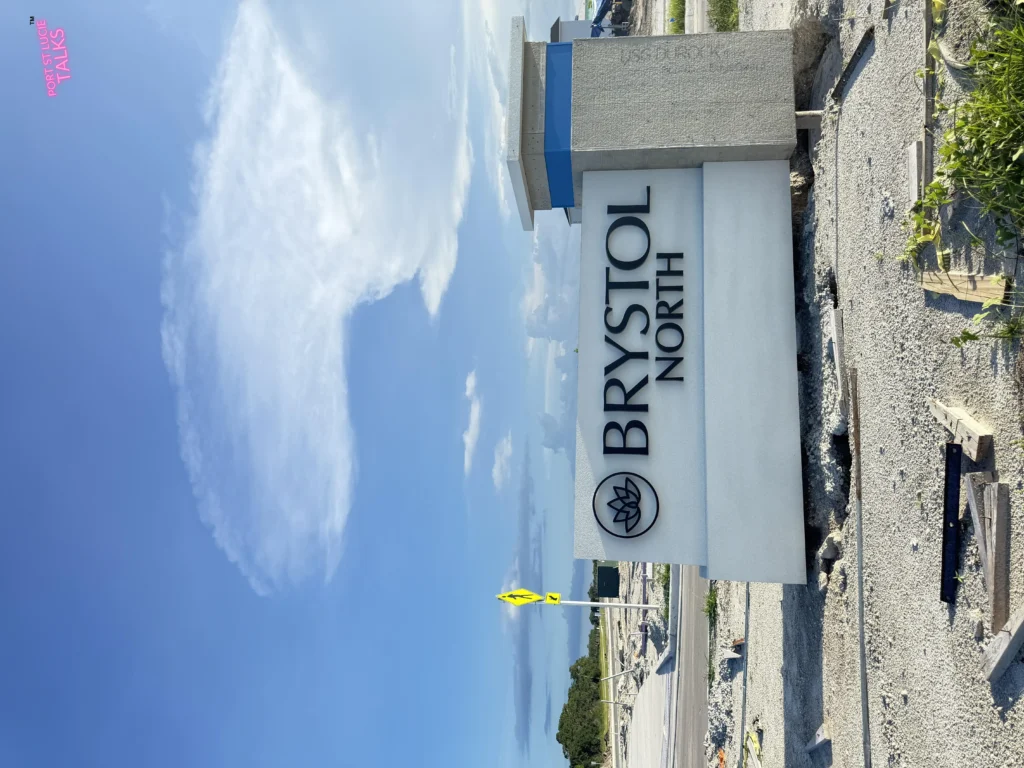Florida’s Turnpike crash involving a commercial driver’s license holder in St. Lucie County has sparked national debate over federal and state licensing rules, immigration status, and public safety. The incident has raised questions about how commercial driver’s licenses (CDLs) are issued, especially to noncitizens and immigrants, and how federal and state policies intersect on the Treasure Coast. The fatal accident in St. Lucie County has become a catalyst for renewed scrutiny of these regulations.
Florida’s Turnpike Crash and Commercial Driver’s License Controversy
On August 22, 2025, Harjinder Singh was returned to St. Lucie County after being accused of causing a fatal crash on Florida’s Turnpike. Authorities allege Singh made an illegal U-turn, resulting in the deaths of three people. The crash quickly became a focal point for discussions about commercial driver’s license eligibility and immigration enforcement in Florida and beyond, with the semi-truck driver’s arrest after the Turnpike crash drawing widespread attention.
Singh, originally from India, entered the United States in 2018. His legal status and ability to obtain a CDL became central issues following the crash. The White House, Florida officials, and California authorities each weighed in, highlighting differences in state and federal policy.
How Harjinder Singh Obtained a Commercial Driver’s License
Singh’s records show he applied for asylum in 2018 and received a federal work permit in 2021. This permit, renewed in April 2025, allowed him to seek employment and obtain a commercial driver’s license in California, where he resided. The California Department of Motor Vehicles (DMV) stated that all federal requirements were followed during the application process.
According to DMV spokesperson Jonathan Groveman, applicants must provide required documents, which are verified through federal systems such as the Systematic Alien Verification for Entitlements (SAVE) and employment authorization processes. Singh’s CDL was issued as a federal REAL ID, confirming his legal status at the time of issuance.
Federal and State Rules for Commercial Driver’s Licenses
Commercial driver’s license rules are primarily set by the Federal Motor Carrier Safety Administration (FMCSA) under the Department of Transportation. States administer the tests and issue the licenses but must adhere to federal standards. For drivers transporting hazardous materials, the Transportation Security Administration (TSA) also conducts background checks, including immigration record reviews.
CDL Application Requirements
- Applicants must have a valid, noncommercial driver’s license.
- They must be at least 21 years old to drive across state lines or transport hazardous materials.
- Applicants need at least one to two years of driving experience.
- No active license suspensions are allowed.
- Passing a medical exam, written test, and driving skills test is required.
California, along with 18 other states, allows undocumented immigrants to obtain regular driver’s licenses. However, federal law prohibits immigrants who entered the country illegally from receiving a CDL. Only lawful permanent residents or those with valid federal work authorization are eligible for a commercial license.
Documentation for Noncitizens
- Valid, unexpired Permanent Resident Card (Green Card) issued by the Department of Homeland Security (DHS)
- Employment authorization document (EAD) or unexpired foreign passport with I-94 form showing lawful U.S. entry
Singh’s eligibility was based on his federal work permit, which was verified through the required federal systems before his CDL was issued. The truck driver’s homicide and immigration charges have since put a spotlight on the vetting process for noncitizen CDL applicants.
English Language Requirements for Commercial Drivers
Federal regulations require CDL holders to speak and read English well enough to understand traffic signs and signals. Law enforcement officials in St. Lucie County raised concerns about Singh’s English proficiency following the crash. State Attorney Tom Bakkedahl noted uncertainty about Singh’s language skills based on interactions with authorities.
Policy Changes After Florida’s Turnpike Crash
Following the fatal crash, Secretary of State Marco Rubio announced a pause on the issuance of work visas for foreign nationals seeking to become commercial truck drivers in the United States. Rubio cited concerns about public safety and the impact on American truckers, though he did not provide specific data supporting the decision.
The American Trucking Associations supported the visa pause and called for stronger entry-level driver training standards. However, the association also acknowledged a nationwide truck driver shortage, estimating that 1.2 million new drivers will be needed over the next decade to meet freight demand and replace retiring workers.
Commercial Driver’s License Oversight in St. Lucie County
St. Lucie County officials, including Sheriff Richard Del Toro, addressed the community following Singh’s return to the county jail. The case remains under investigation as authorities review the circumstances of the crash and Singh’s licensing history.
The incident has brought attention to the complex system of federal and state rules governing commercial driver’s licenses, especially for immigrants and noncitizens. It also highlights the ongoing debate over immigration policy, workforce needs, and public safety on Florida’s highways.
Frequently Asked Questions About Commercial Driver’s Licenses in St. Lucie County
What is required to get a commercial driver’s license in Florida?
Applicants must have a valid noncommercial driver’s license, pass a medical exam, complete written and driving skills tests, and meet federal age and experience requirements. Additional documentation is needed for noncitizens, such as a work permit or permanent resident card.
How much driving experience do you need for a CDL?
Most states, including Florida and California, require at least one to two years of driving experience before applying for a commercial driver’s license.
Are undocumented immigrants allowed to get a CDL in Port St. Lucie?
No, federal law prohibits undocumented immigrants from obtaining a commercial driver’s license. Only lawful permanent residents or individuals with valid federal work authorization can apply for a CDL.
Can you get a CDL in Florida if you have a federal work permit?
Yes, individuals with a valid federal work permit and the required documentation may be eligible to apply for a commercial driver’s license in Florida, subject to federal and state verification processes.
Where are commercial driver’s license tests given in St. Lucie County?
CDL tests are administered by the Florida Department of Highway Safety and Motor Vehicles at approved testing centers throughout St. Lucie County and the Treasure Coast.
Port St Lucie Talks


